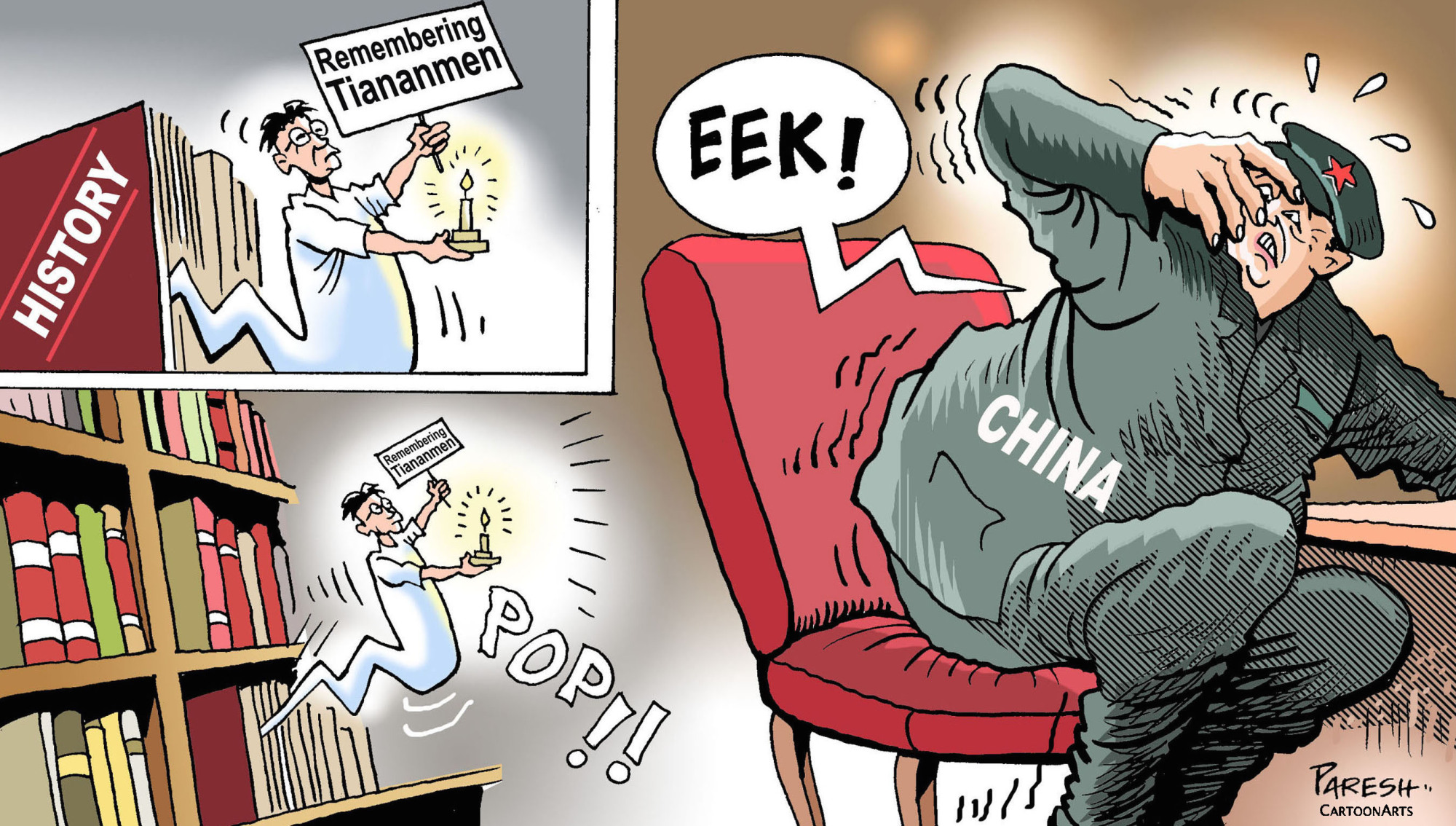On Oct. 10, 1990, a 15-year-old Kuwaiti girl told a U.S. congressional human rights commission that she had witnessed invading Iraqi troops rip babies out of incubators and leave them to die on the cold floor. Her testimony helped mobilize support for the war to expel Saddam Hussein from Kuwait. Later "Nayirah" proved to be the daughter of Kuwait's ambassador to the U.S. and her story was promoted by a public relations consultancy firm hired by a group lobbying for U.S. military intervention.
In the 2003 Iraq War, facts were made to fit the narrative of an imminent WMD threat from Saddam. That war was a watershed event in destroying the credibility of the major English-language global media brands. Journalists worth the name should be sedulous, not credulous, and insert question marks in place of exclamation marks.
Such detached skepticism is a useful antidote to the orgy of 30th anniversary commentary on the entrenched public narrative about the "Tiananmen Massacre." There is little doubt about the Beijing spring of 1989 that called for greater openness, freedoms and democracy in China, or about its suppression. But there is a counter-narrative that receives no mention in the China-bashing mainstream media.



